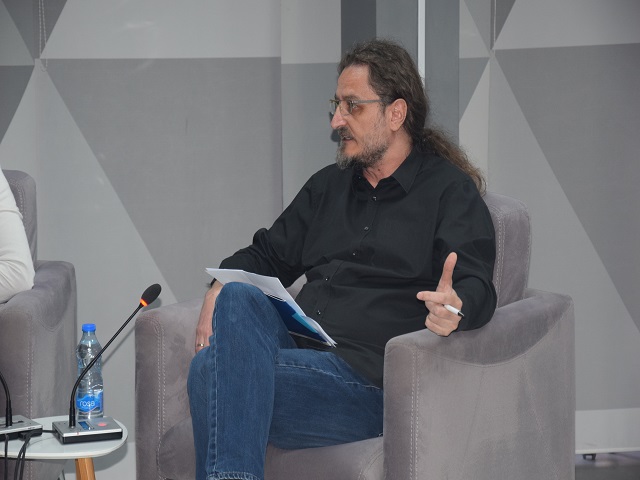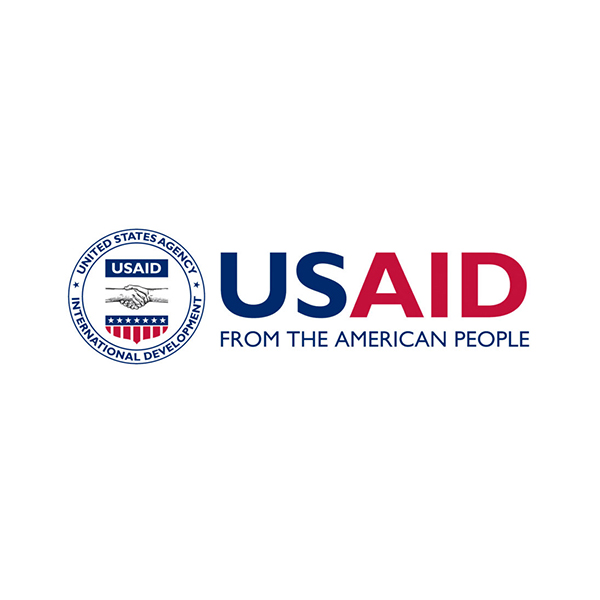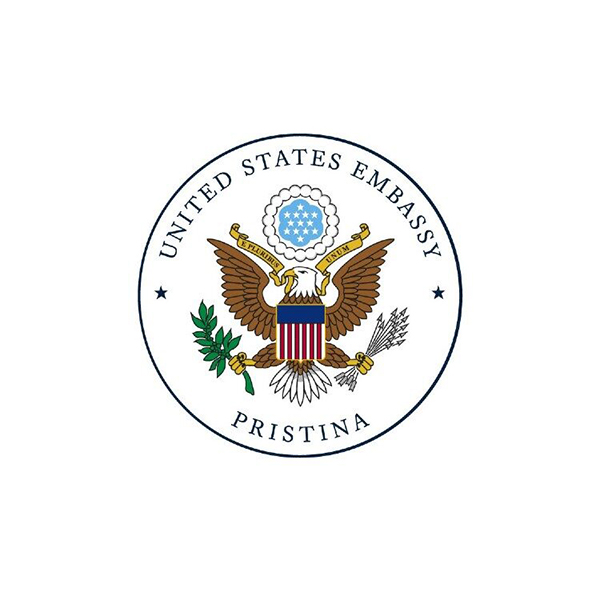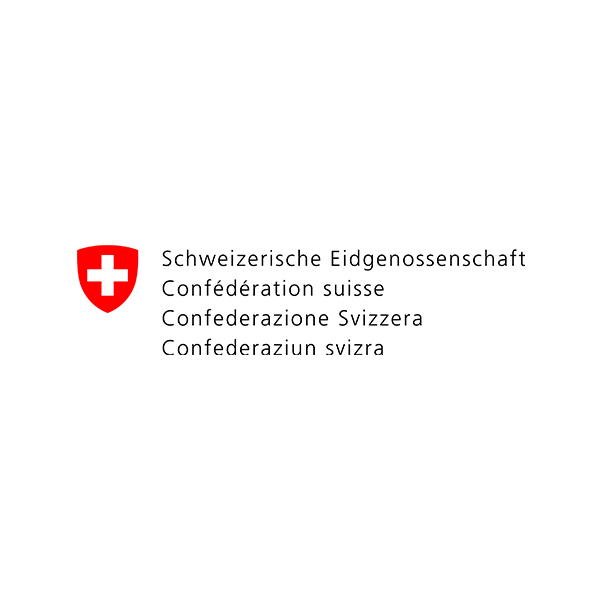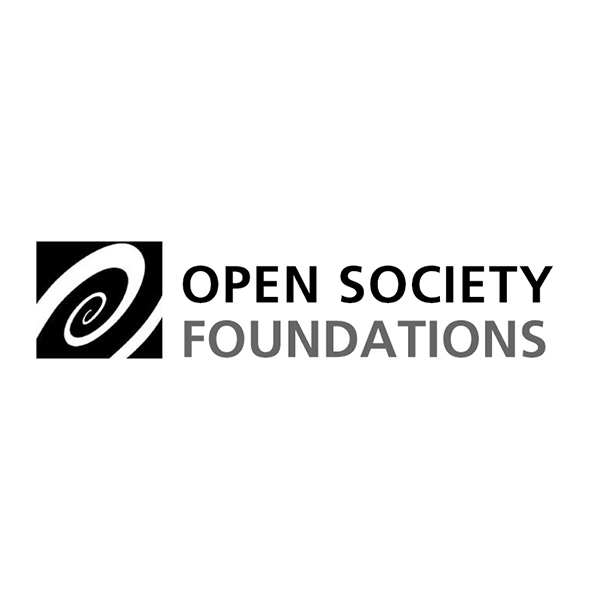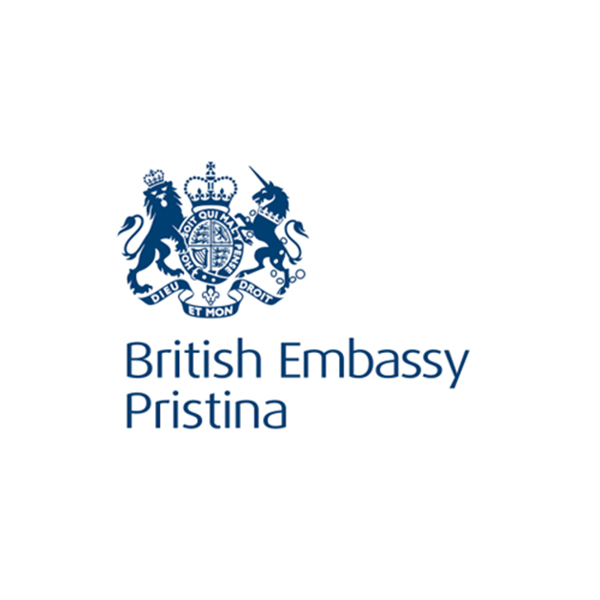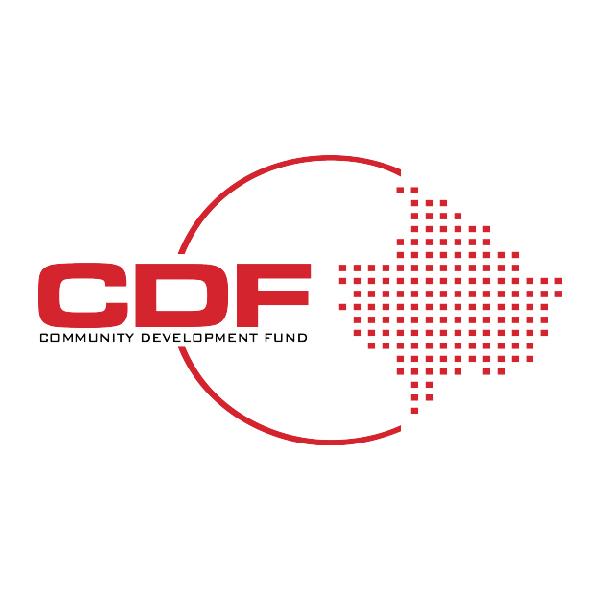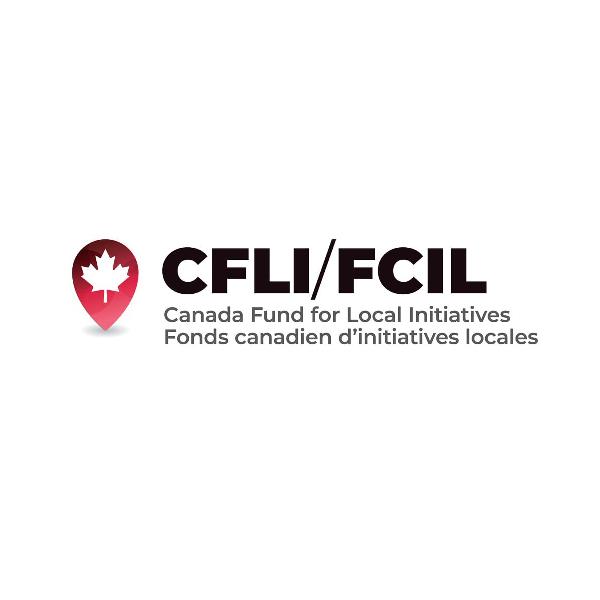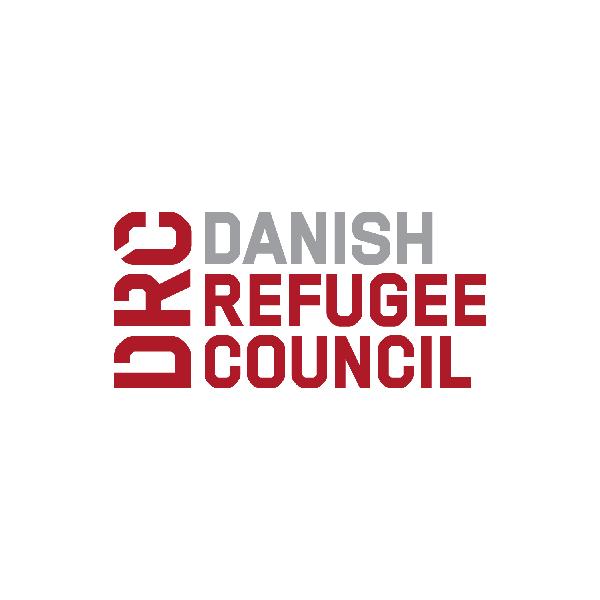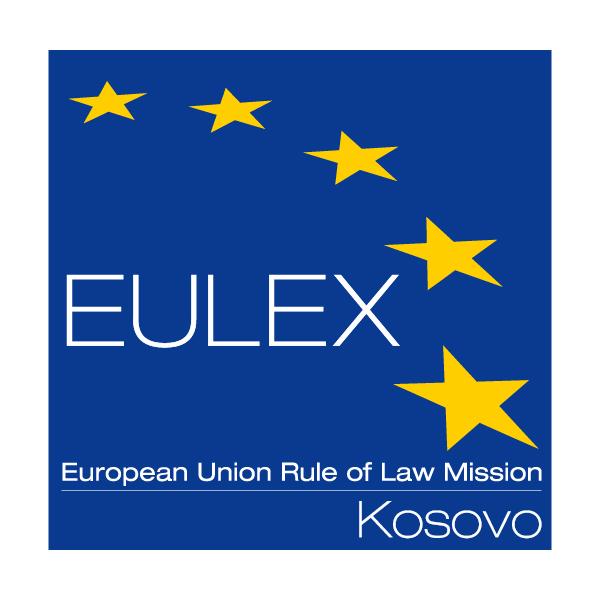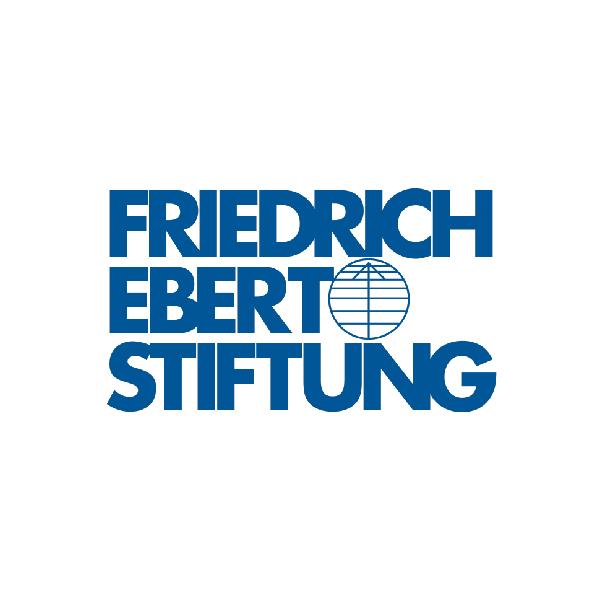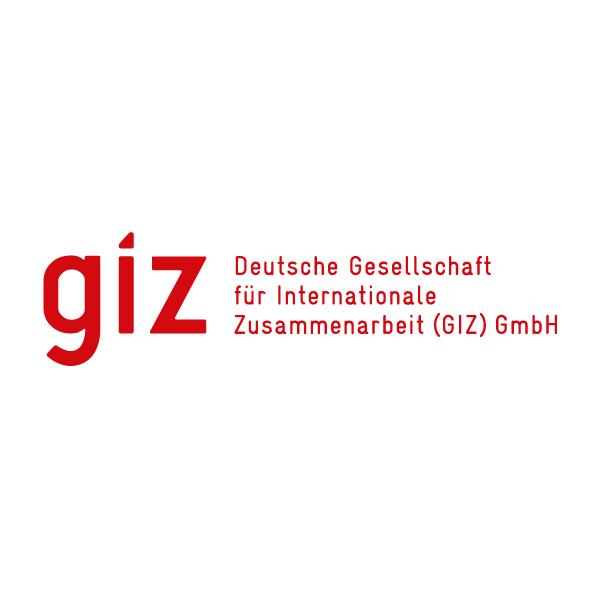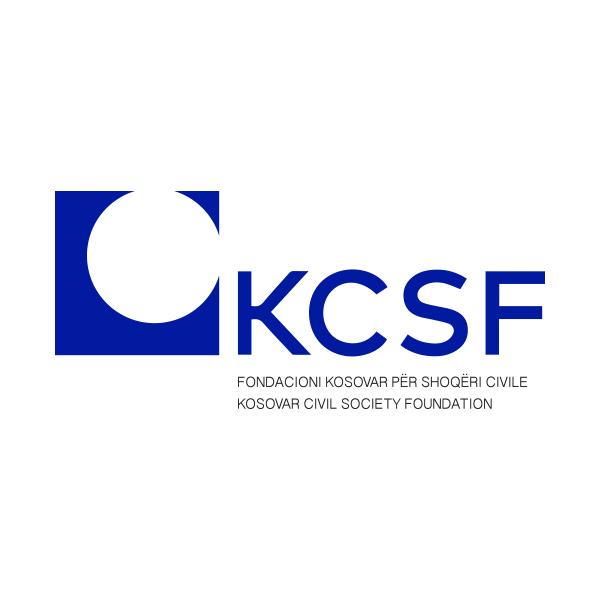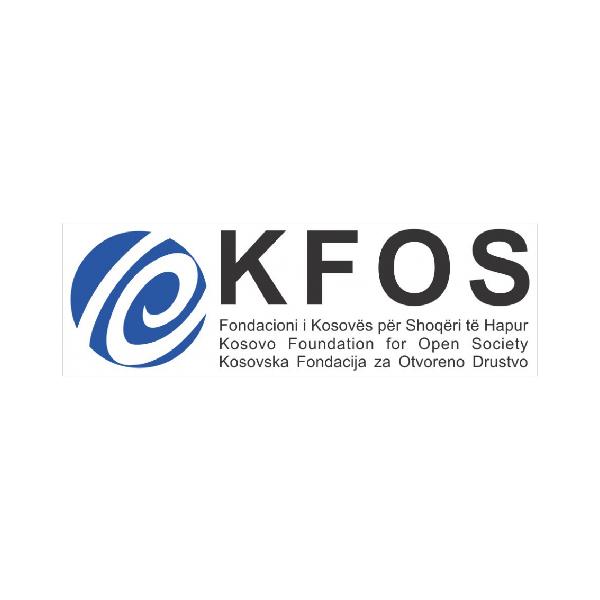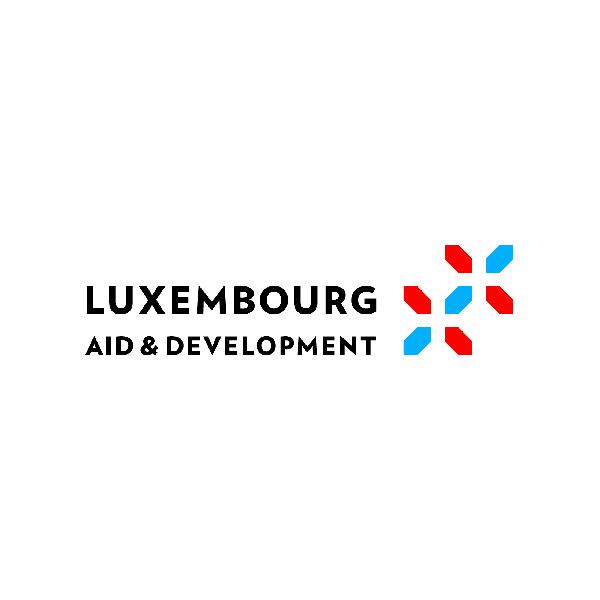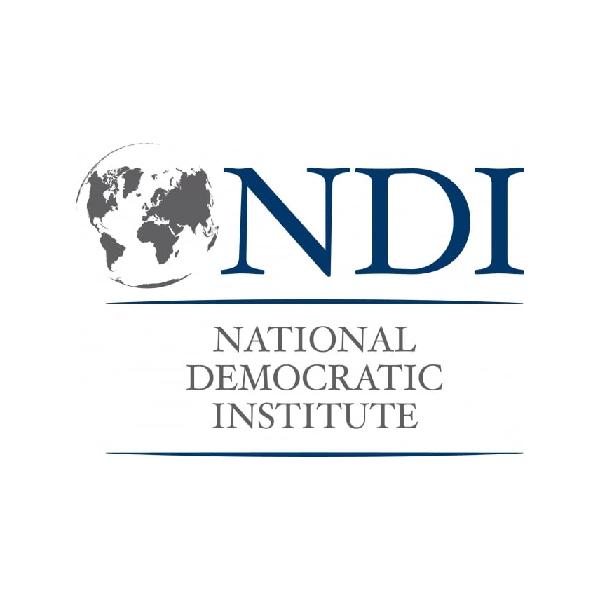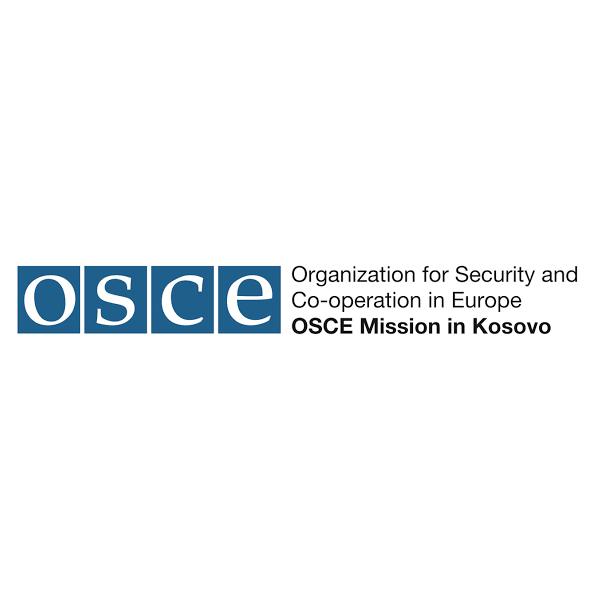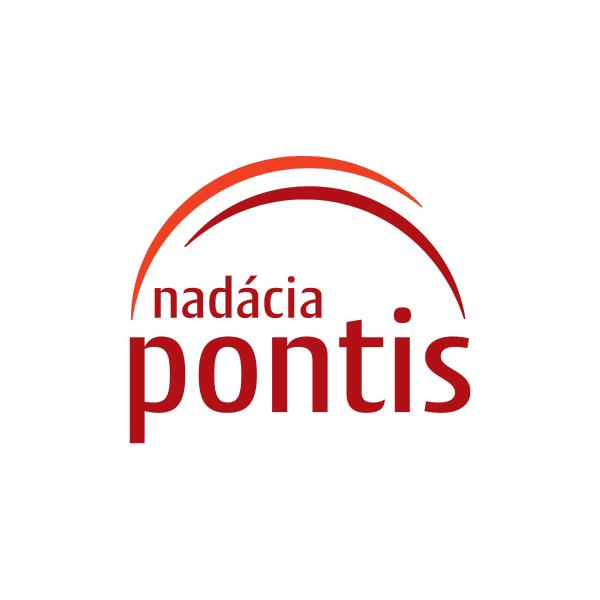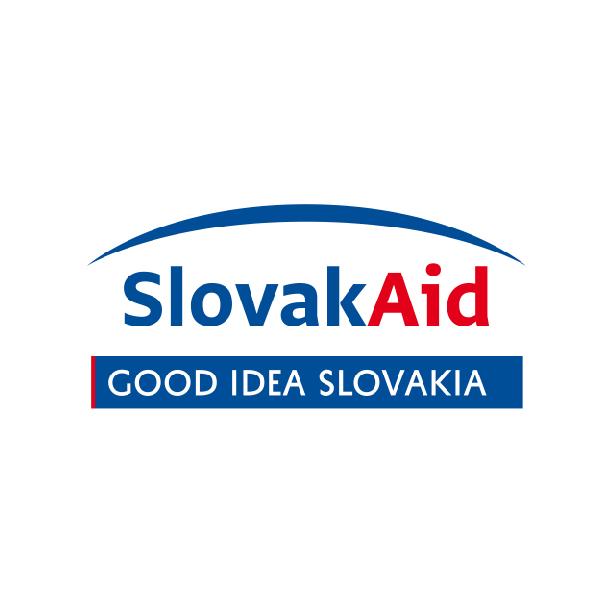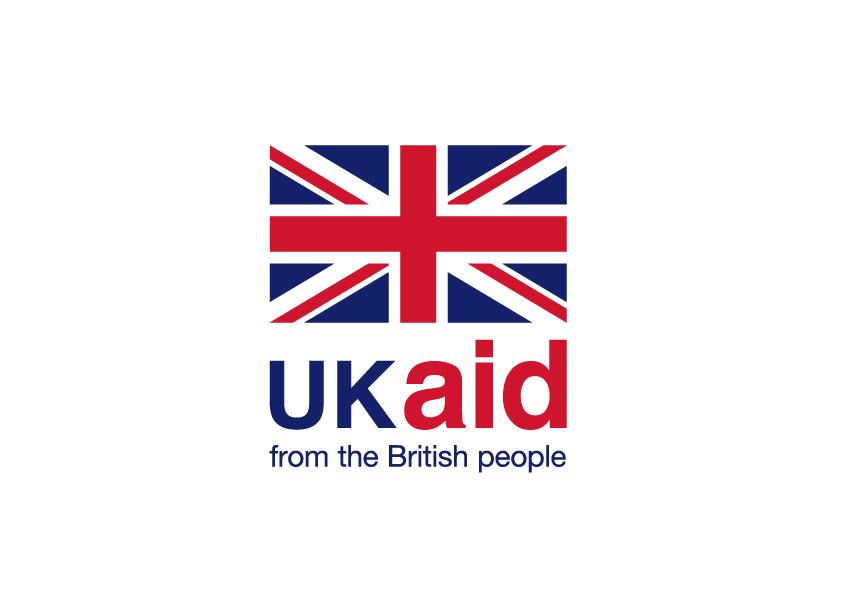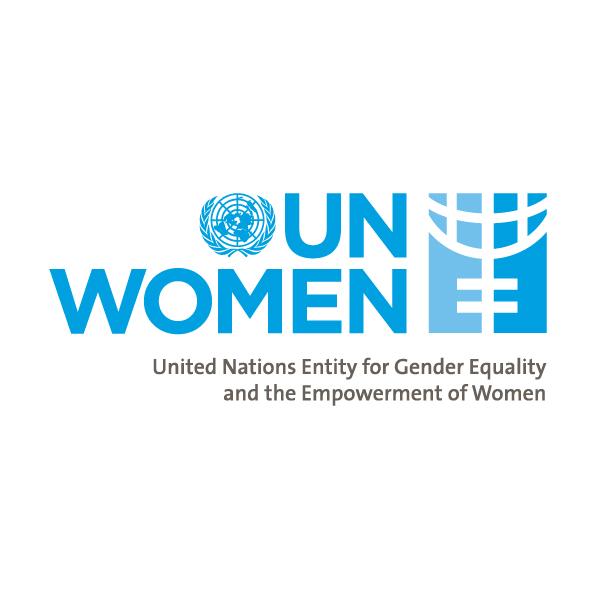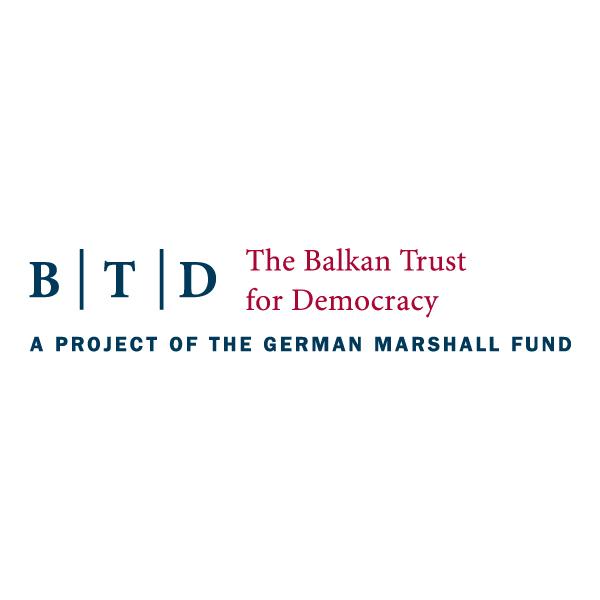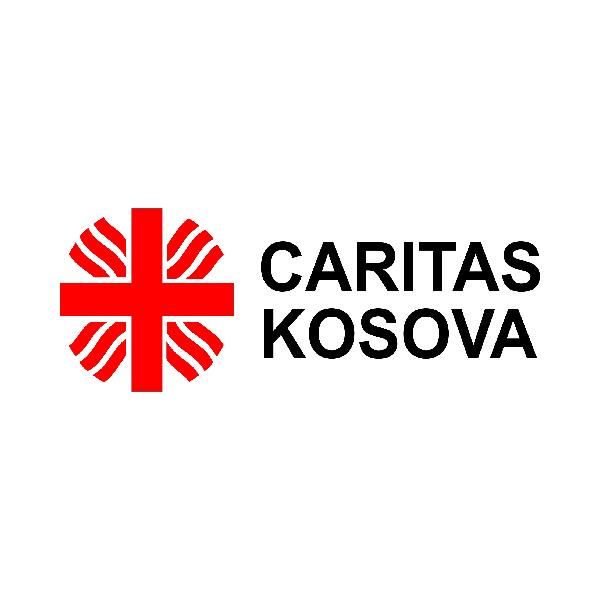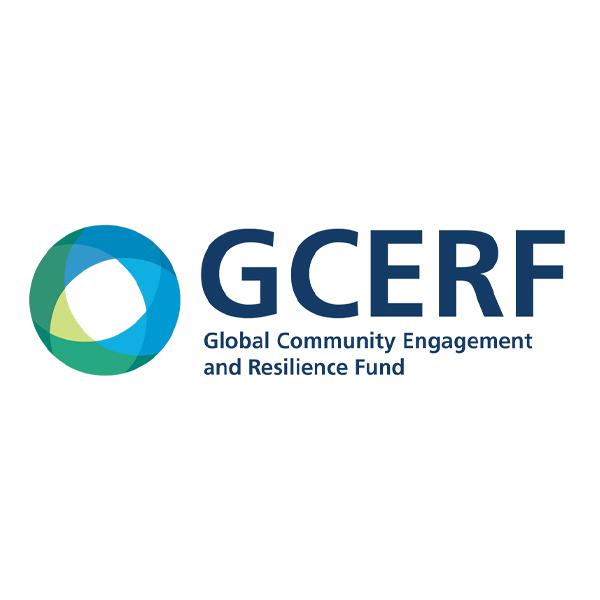“We bagan to equate the truth with bad news and we no longer wanted bad news, no matter how truthful or significant it was for the health of our nation”, wrote Steve (Stojan) Tešić from Uzice, an Oscar-winning American screenwriter, playwright, and writer*, in early 1992. in a text dubbed “A Government of Lies” published in The Nation, the oldest continously published weekly in the United States. Tešić, who coined today the widely used term “post-truth”, was celebrating his fourth decade of life in the United States at the time the text was published and, of course, analyzed the situation in American society, probably unaware that some of his theses were visionary at the time and applicable today to a large part of the democratic world, including the Western Balkans, as hard as it is.
Definition of Reconciliation
“Matica Srpska” Dictionary defines reconciliation as “establishing peace” and reconcile as “to make someone at peace with the one whom he/she quarrelled, fought with, etc.”, i.e., “to combine two or more different things, find balance between two or more different phenomena”.
When asked about the meaning of reconciliation, web portal dictionary.cambridge.org suggests “a situation in which two people or groups of people become friends again after an argument”, i.e., the process of reconciling two opposite beliefs, ideas, or situations.
There is a somewhat broader definition offered on the same web site, by the American Dictionary, which defines reconciliation as “the process of re-establishing a friendship between two people or a group of people after a serious quarrel or conflict, or after being kept separate from each other, or a situation in which it occurs.
Based on these definitions, reconciliation, therefore, can be understood as a process of accomplishing balance that requires an appropriate situation. Is it really that simple?
“True reconciliation is never cheap, as it is based on forgiveness and forgiveness is expensive. It depends on remorse, which is based on recognizing bad deeds, and thus on revealing the truth. “One cannot forgive what one does not know”, said Anglican Archbishop and anti-apartheid activist Desmond Tutu, on the occasion of his appointment as a member of the Truth and Reconciliation Commission in South Africa on November 30, 1995 by Nelson Mandela.
Balance: Hate Speech
Although the main job of the media is not to reconcile but to inform and research, their role is extremely influential when it comes to disparities and divisions in a society.
In Pristina and Belgrade public scenes, “the other side” is still most often presented in a generalized and stereotypical way in a significant part of the media, even as a pure evil at times.
As a guest in a TV Pink talk-show on May 20, Aleksandar Vulin said:
“Throughout the history, Shiptars were bashibozuk”, which means that they were supporting troops of someone more powerful. Therefore, they were bashibozuk to the Ottoman Empire, to the Austro-Hungarian, to the Nazi Italians and Germans when they made Greater Albania, formed Balli Kombetar, killed Serbs whenever they could. They died at the expense of NATO in 1999, so that NATO could bomb Serbia. Now they offer their heads again because no one needs them anymore”, said the Minister of Internal Affairs of R. Serbia and former Head of the Office for KiM.
His multiple insulting allegations were broadcasted by “Tanjug”, “Kurir”, “Insajder”, 24sedam.rs, while in the Beta Gaency report, the term “Shiptars” was replaced by the term “Albanians”, and the news was published by the daily Danas and N1 channel.
Headlines in Serbian tabloids often call for intolerance and hatred. In early April, Radio Gorazdevac debunked the news published by daily “Alo!” under the title “THANK YOU FOR KILLING SERBS, shameful post by Vjosa Osmani: You prevented a genocide!”.
Even though derogatory term for Serbs “Shkije” is said to be rarely used in the Kosovo Albanian public, this is not entirely true.
In early April, portal ekonomiaonline.com reported on the Facebook post of Patriot Brahimi who protested due to inability to get a job at KEK. He addressed the Kosovo Government, led by Albin Kurti, by saying “you are worse than shkije, a corrupted and immoral government.
On May 16, the portal gazetaexpress.com reported that the Peja basketball fans chanted “You are Shkije”, in a play-off game against “Trepca”, provoking the fans of the opposite team by “raising three fingers”.
Florim Ejupi was once arrested for planting explosive under the Nis Express bus in Livadice, and then brought in connection with the assassination of Oliver Ivanovic by the Serbian President Aleksandar Vucic. As a guest on the show “debate Plus”, at the end of December 2020, he said:
“Those Shkije and UDBA (Intelligence) members managed to set me up everything… Thank God that the sate I live in does not care for the useless statements of Vucic”, said Ejupi. His allegations were reorted by the portal reporteri.net.
Unfortunately, there are still many such examples of the use of hate speech on both sides.
Situation: The negative role of the media
Lack of content in the media regarding the ordinary citizens, language incapacity, (in)sustainability of the media, as well as (ir)responsibility and (in)cooperation of journalists are, among other things, are a consequence of “national divisions in Kosovo after 1999 in a society unhealed from the war wounds”, as stated in the study on the key problems of Kosovo Serbs “The Key”, presented by the Radio Kim Media Group in April 2022 within the “Open” initiative.
Representation of the nation as community of martyrs, a life that is constantly threatened by the fights against the archenemy, and an announcement of the upcoming decisive battle for survival in a constant state of emergency are part of an everyday life in Kosovo.
Having in mind the above, it should not be surprising that the information “from the neighbourhood” broadcast by the mainstream media mostly emphasize what is negative. The emphasis is more on division instead of bringing together and finding common ground, the heroic and martyr past is overemphasized, and sensationalism takes up much of the space, so the life stories of “ordinary people” remain in shadows.
A glance at the media coverage of events regarding Kosovo is sufficient to have an insight into the dominance of “high politics”. The range of topics is limited, and they constantly repeat, most often in a form of views and opinions regarding Kosovo issues, i.e., the final and comprehensive agreement between the two sides within the context of formally uninterrupted Belgrade – Pristina dialogue.
Statements of politicians, announcements of events, assessments of negotiations results and meetings of officials hide the events of everyday life from the public eye, as if everything depends on the status and as if it makes no sense to report on other events and problems until that one is resolved.
This trend is imposed by the political elites because it sets back the need to regulate lives of local communities, care for citizens and true commitment to solve their problems. Neglecting everyday life thus becomes an oversight which results in creation of virtual media content, and this is likely to last.
In that regard, the statement of the Kosovo Prime Minister Albin Kurti and the Head of Office for KIM Petar Petkovic, are very illustrative examples. Speaking about the elections in Serbia, in the context of Presevo, Bujanovac and Medvedja, Kurti said that “Serbia carried out a silent ethnic cleansing”, while in case of possible establishment of Community of Serb Municipalities, he claimed that “Kosovo would become Bosna in that case- a dysfunctional state”, and that “it is a wish of Belgrade and not Kosovo Serbs”. He also believes that “there are no incidents between Albanians and Serbs in Kosovo”, and that “Kosovo is the most democratic state in the region”. Petkovic, on the other hand, said that “Pristina led by Kurti slides into radical extremism in which agreements are not respected but are directly being undermined.
It has been noted in the media on several occasions that the Prime Minister Kurti calls Serbian president Aleksandar Vucic “little Putin”, and that people from Vucic’s surrounding call Kurti “little Hitler”.
Meanwhile, Serbs and Albanians in Kosovo continue to live parallel worlds, with almost no awareness of each other. Everyone publishes information according to their taste; therefore, the Albanian media in Kosovo very rarely report from Serb-majority areas, and vice versa.
“We constantly wonder why the levels of intelligence and competence of our children, measured by all our tests, are steadily declining. The reason is very simple: we do not want them to be well educated. The last thing we want right now is to be faced with a question of what we had done to this country by an intelligent and spiritually strong generation”, said Steve Tesic in afore mentioned text from 1992.
It is particularly difficult to determine a concrete nad data-based truth about vicitms, criminals, crimes, positive examples and initiatives related to finding the truth and reconciliation, having in mind that the textbook in Primary School, in a lesson called “Yugoslavia and Serbia after the Second World War”, cites:
“The consequence of the war conflicts in Yugoslavia in the 1990s was creation of new states. All republics of the former SFRY became independent and the Republics of Serbia and Montenegro jointly founded a third Yugoslav state called the Federal Republic of Yugoslavia (FRY). FRY was bombed by the NATO forces in spring of 1999 due to the crisis in Kosovo and Metohija. Many people were killed and many buildings, factories, roads, bridges etc. were destroyed.
In my daughter’s classes in Primary School, there was no discussion at all about the reasons for the crisis and the NATO bombing, nor about the suffering of “many people”. So, only Serbia is a victim and only Serbian victims count.
This basic education is an introduction to exclusivity, that is inability and readiness to listen to the other side. Accusing the opponents is the main model of communication, creating hierarchy among victims, forming an exclusive notion of being a victim (recognizing some while ignoring other victims), as well as dealing with them in an abstract manner and accepting only a piece of truth.
“We will easily forgive a child who is afraid of the dark. The real tragedy is the people who are afraid of the light”, wrote Plato, the father of the ontological division of reality.
According to the Fund for Humanitarian Law, in the 78-day NATO intervention called Operation Allied Force, 754 people were killed: 454 civilians and 300 members of the armed forces, including 207 Serbs and Montenegrins, 2019 Albanian civilians, 14 Roma civilians and 14 other nationalities. 260 people died on the territory on Serbia, 10 in Montenegro and 484 in Kosovo.
The contribution of some independent media to the clarification of the past and reconciliation, even though significant, is insufficient due to their limited effect on public opinion.
Events from the past, as well current ones, are presented on-sidedly and in a simplified and black-and-white manner. That way, they help maintain the existing stereotypes and prejudices. Conflicts are used for manipulation, whether they will have media coverage or not depends on the political “suitability” at the time.
The tragic conflict in Ukraine is the most recent global example of media manipulation on all sides. Media and information war is taking place in parallel with the battlefield one and is just as cruel. The war in Ukraine looks much different than any previous one.
According to the “Openness of the Serbian Media in Kosovo” research, the greatest distrust among the Kosovo Serbs is towards the information from the Albanian language media- 62,1% do not trust at all, and 22,3% mostly do not trust.
The partial reason for distrust certiainly dates back to March 2004, when the RTK broadcast fake news about drowning of the two Albanian children in the village of Cabra, allegedly pushed by the Serbs, which triggered two-day unrests in Kosovo.
The fact that history does not stop repeating itself is proven by another fake news published by Kosova Press about a bullet being mistaken for a bomb, grenade, projectile, attack and chaos on October 17, last year, in the midst of crisis, and politically and security-sensitive situation.
Process: Close-mindedness and Non-cooperation
At the end of February, a journalist of the RTV KIM Zorica Vorgucic won the first prize in Peaceful Change Initiative media competition in a category of audio-visual format on multiethnic coexistence in Kosovo and Serbia in 2021. A televition report titled “Why it is important to speak the language of our neighbours?”, which was broadcast by the RTV KIM in March last year, was unanimously awarded best by a jury composed of Tamara Skrozza, Jelena Obucina and Milivoje Mihajlovic. The Initiative for Peaceful Change is an international independent non-governmental organization that helps societies to implement significant changes in a non-violent way, but also to build relationships that enable lasting peace. In addition, the award was given to the RTV KIM media outlet as well.
The awards were also given to the Albanian newsrooms in Pristina in early March. As far as I am aware, none of the awarded stories included Serbs.
In early June 2018 in Lisbon, the Assembly of the European Federation of Journalists (EFJ) unanimously adopted a Resolution on Investigation of Murders of Journalists in Kosovo, proposed by the Serbian Journalists Association *UNS), the Independent Journalists Association of Serbia (NUNS), and the Serbian Journalists Unions and Association of Journalists of Kosovo. The Resolution called for an effective investigation into the killings and abductions of 14 Serb and Albanian journalists and media workers in Kosovo between 1998 and 2005, and for EULEX and UN to implement decisions of the UN Human Rights Advisory Committee which seeks to resolve these cases and compensate families.
Three years later, at the beginning of October 2021, in Zagreb, proposed by the Association of Journalists of Serbia, the EFJ Assembly adopted a Resolution on the Immediate Establishment of the International Commission to Investigate the Murders and Abductions of Journalists in Kosovo from 1998 to 2005. It noted that for more than two decades, no one had been held accountable for 19 out of 20 murders and abductions of Serbian and Albanian journalists and media workers (one murder was resolved before the International Criminal Tribunal for the Former Yugoslavia). The Resolution was adopted with one abstention by a Kosovo Association of Journalists representative.
In early December last year, for the eighth time in the last nine years, a plaque near the village of Zociste which reads in Serbian and Albanian: “On August 21, 1998, our fellow journalists Djuro Slavuj and Ranko Perenic were abducted”, was forcibly removed and destroyed. UNS and NUNS in Kosovo put up the plaque for the first time in 2012, on the kidnapping anniversary of a journalists crew. The police found the perpetrator for the multiple demolitions only once. Shaban Berisha (47) was sentenced on three months in prison and a 200 euro fine. Although the police report said that it was a ethnically motivated crime, he was only charged for the demolition. Another plaque was again placed for the nineth time in the beginning of May this year.
A Sad Fate of the Regional Truth and Trust Commissions
Today, hardly anyone in Serbia remembers that the Truth and Reconciliation Commission was established in 2001, by the decision of the then President of the Federal Republic of Yugoslavia, Dr. Vojislav Kostunica. The moment of it establishment (immediately before Milosevic’s extradition to the Hague Tribunal), as well as the fact that the Commission has not significantly contributed tto dealing with the past, are the reasons the public ignores and discredits the very idea of its existance. It formally ceased to exist in 2003.
In February 2017, the former Kosovo President Hashim Taqi announced the initiative to establish an Independent Truth and Reconciliation Commission that would “enable internal dialogue between the communities in Kosovo”.
Civilian activist and human rights activist Nora Ahmetaj, who was a senior member of the Preparatory Team recently said that the team completed a bill for its establishment and operation; however, the their mandate expired together with the president Thaqi’s.
“Since then, I know absolutely nothing. I hear from various civil society activists who have no idea on transitional justice and human rights but who talked to the President Osmani on the details regarding the Commission. However, I personally do not have information, but I can conclude that I do not see a readiness for it to happen. There is no transparency, no contacts”, she said in “Slobodno Srpski” in May this year.
An important precondition for chaning the current role of the media would be an active support of the government in the process of truth and reconciliation, but there is none, so the topic simply never gets a prominent place and enough space in editorial policies and programme schemes. Having in mind Tesic’s words from the beginning of this text, it is probably no wonder.
* Stiv Tešić is a playwright, screenwriter, novelist, and Oscar winner in 1980 for the screenplay for the film Breaking Away, directed by Peter Yates.
** Bašibozuk, (Turkish başıbozuk), translated – damaged heads, no head, no leader. Irregular military troops of the Ottoman army known for the lack of discipline, looting and brutality.
Useful links:
https://www.thefreelibrary.com/A+government+of+lies.-a011665982
https://dictionary.cambridge.org/dictionary/english/reconciliation
https://kfos.org/publikacije/118/key-study-key-problems-kosovo-serbs
https://www.danas.rs/vesti/drustvo/vlast-i-dalje-cuti-o-tacnom-broju-zrtava-bombardovanja/
https://www.radiokim.net/vesti/netacno/razotkrivanje-laznih-vesti-o-ratu-u-ukrajini.html
https://kfos.org/publikacije/99/otvorenost-srpskih-medija-na-kosovu
https://www.radiokim.net/vesti/drustvo/zasto-je-vazno-da-govorimo-jezik-svojih-komsija.html
https://www.radiokim.net/vesti/drustvo/dodeljene-pci-nagrade-novinarima-albanskih-redakcija.html
https://www.radiokim.net/vesti/hronika/deveti-put-postavljena-spomen-ploca-otetim-novinarima.html


